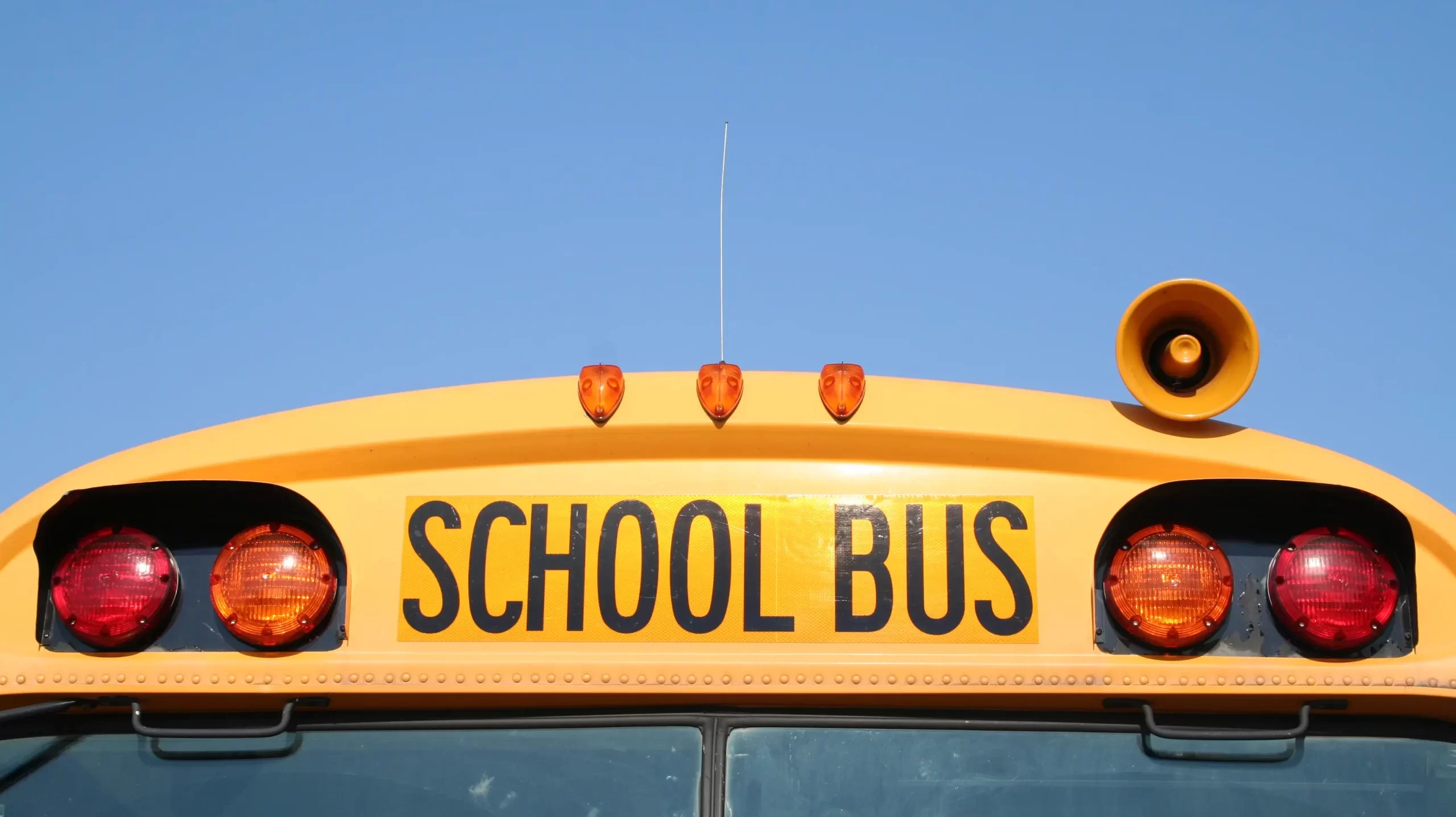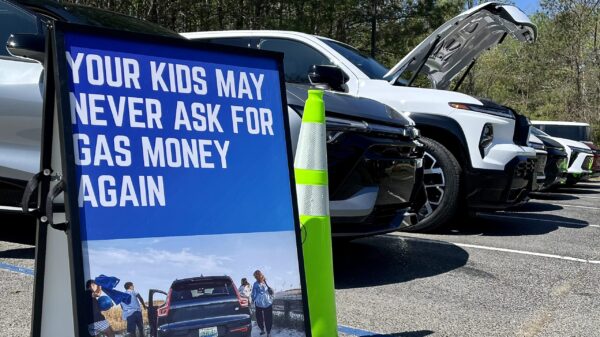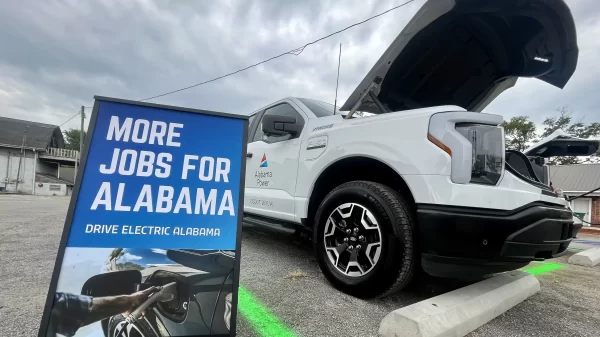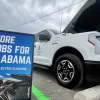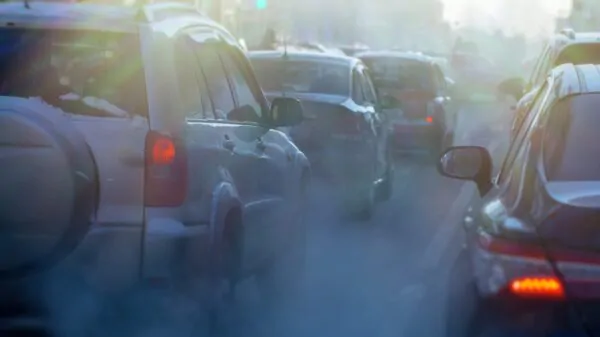|
Getting your Trinity Audio player ready...
|
On May 23, the Environmental Protection Agency announced the latest wave of funding for school districts to purchase electric and otherwise environmentally clean buses from the Clean School Bus Program.
The acting administrator of EPA’s Region 4, Jeaneanne Gettle, said that this new funding “will allow children across the Southeast to breathe cleaner air and communities will reap tremendous health benefits.”
The EPA has previously reported that exposure to near roadway pollution, especially for children and other at-risk groups, can cause “higher rates of asthma onset and aggravation, cardiovascular disease, impaired lung development in children, pre-term and low-birthweight infants, childhood leukemia, and premature death.”
Eight cities and counties in Alabama will be receiving funding for purchasing new clean buses, along with a public charter high school.
The school districts awarded funds are:
- Alabama Aerospace and Aviation High School in Bessemer: $400,000 for 2 buses
- Clay County: $1,035,000 for 3 buses
- Fort Payne: $1,380,000 for 4 buses
- Gulf Shores: $600,000 for 3 buses
- Huntsville: $8,625,000 for 25 buses
- Jasper: $690,000 for 2 buses
- Lannett: $1,745,000 for 5 buses
- Montgomery County: $690,000 for 2 buses
- Selma: $1,725,000 for 5 buses
In total, this batch of awards will provide $16.89 million in federal funding to help purchase 51 primarily electric buses.
Albertville, Fairfield, and Tuscumbia all already received a total of $11.455 million in funding through the Clean School Bus Program last year.
During an event Albertville City Schools held in January to celebrate the delivery of their first electric buses, the school system transportation director Jimmy Umphrey said getting the grant took a group effort by the school system, the local utility company, and Southland Transportation Group, who sell buses and actually applied for the grant.
“That’s what got this started, good communication and we had the right people involved and it just went from there,” Umphrey said. “It has been a great journey so far and we are looking forward to the journey continuing.”
During the ceremony, John Nicholson, chief of staff of EPA’s Region 4 office, also pointed to the benefits of electric buses for children’s safety, saying that “the buses will also be quieter in operation. A quieter bus is a safer bus.”
The Clean School Bus Program was established as part of the Bipartisan Infrastructure Law, which was passed by Congress and signed by President Biden in 2021.
Alabama Senator Tommy Tuberville and now former Senator Richard Shelby both voted against the Bipartisan Infrastructure Law, as did every Republican member of the House from Alabama. Democratic Representative Terri Sewell voted in favor.
In a press release released on Wednesday, Sewell said she was “so proud to help make this program possible and I applaud the Biden-Harris Administration for this investment into Alabama’s schools.”
The Congresswoman also stated that “not only will this funding reduce pollution and make our communities healthier, but it will also save our school districts money and free up resources to invest in the success of our students.”






































